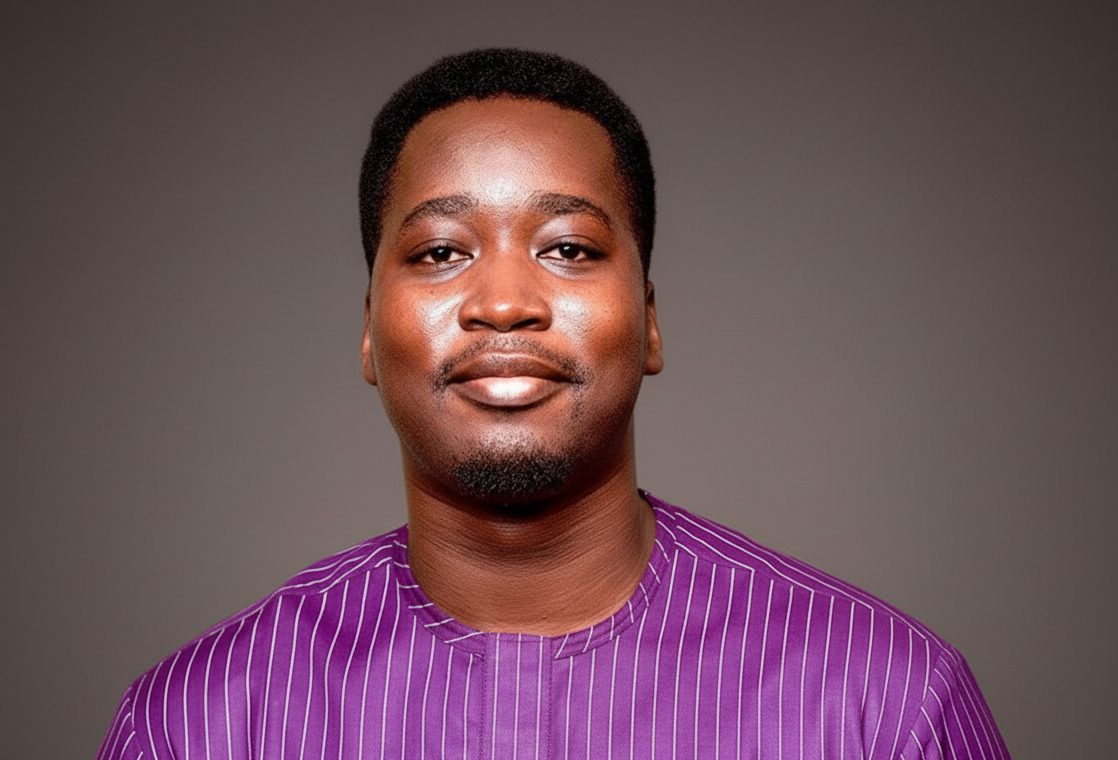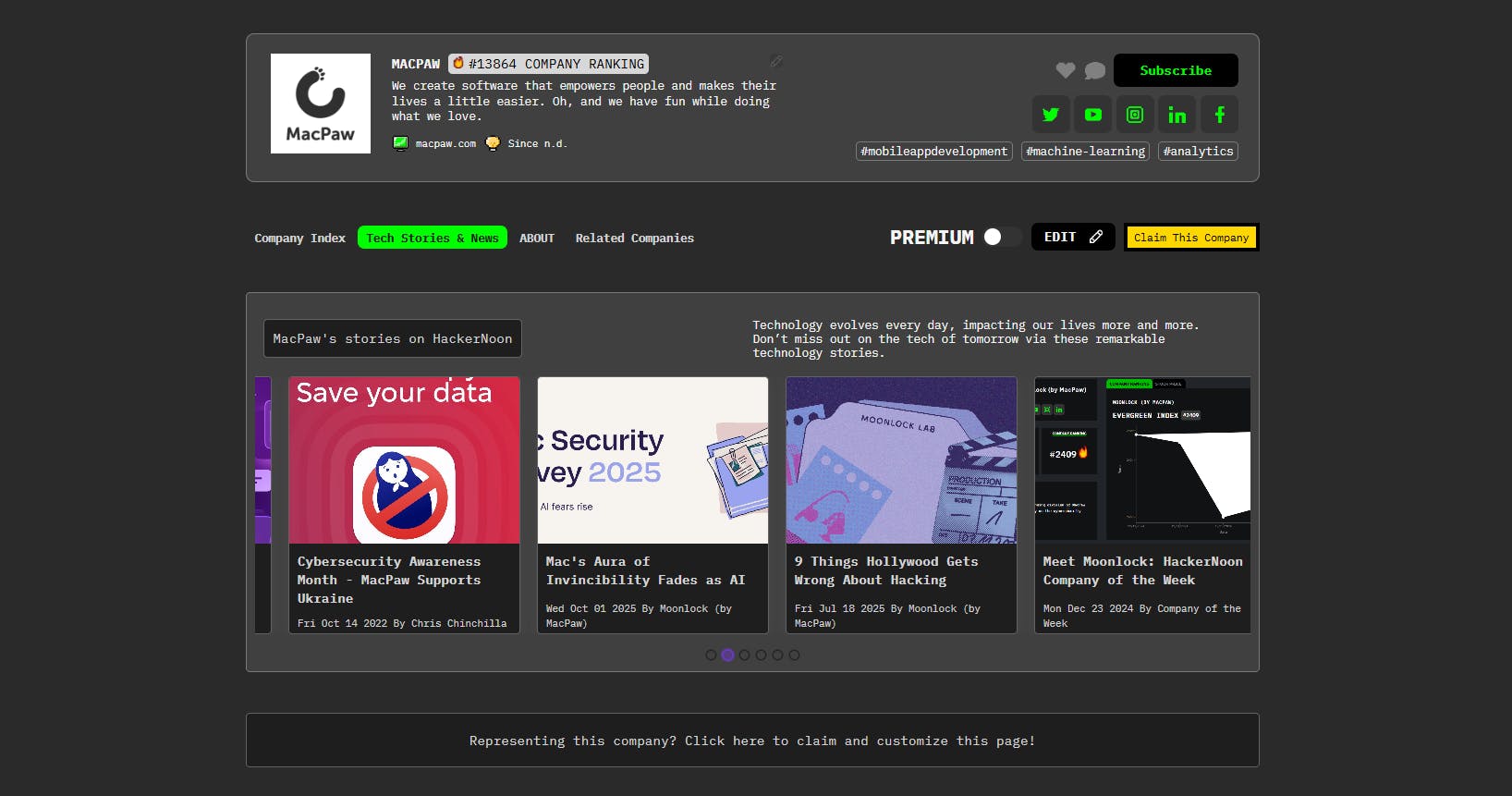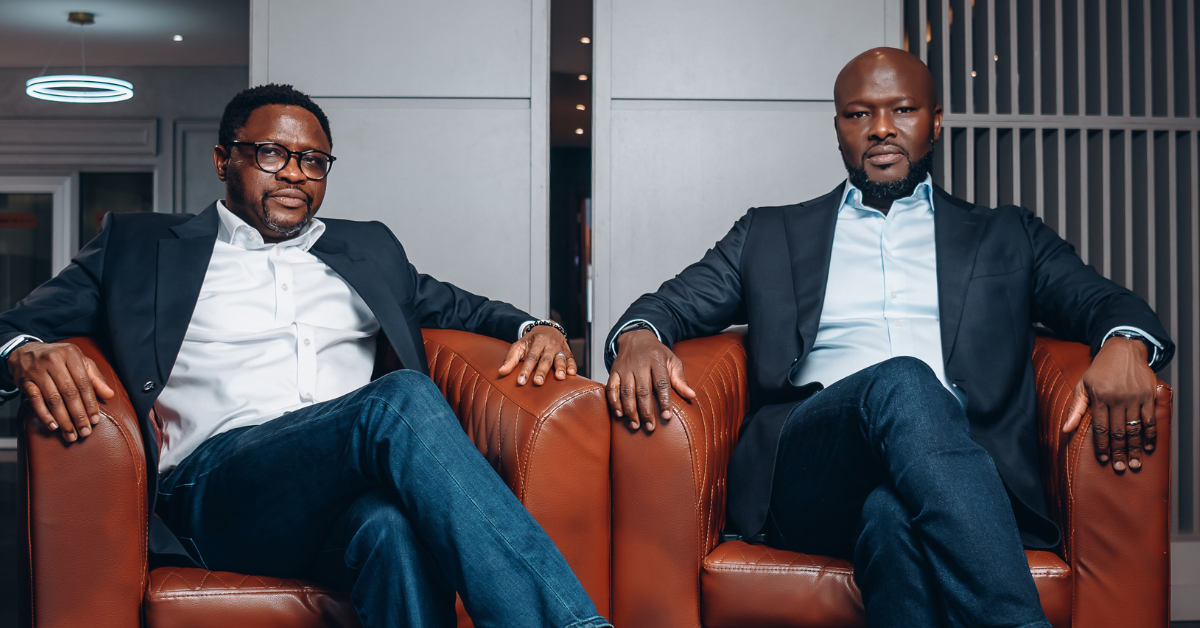In the biblical story of Babel, humanity’s most ambitious project failed when a single shared language fractured into thousands, making collaboration impossible. Today, Nigeria faces a modern echo of that ancient problem. With a population of 238.4 million people and 520 living indigenous languages, it is one of the most ethnically diverse countries in the world.
As the world scrambles to build the next generation of language models like ChatGPT and Claude, Nigeria risks being left behind for one reason: we don’t speak the same language.
For Oyemade Oyemaja, co-founder of Ennoble Technologies, this presents a peculiar problem. “It means that before we even start to talk about solving problems, we have to get on the same page first,” he said. “If you have 10 Nigerians in one room, the possibility that they all speak the same language is low. Say that the room is an escape room, the first puzzle to even solve is making sure that each person understands what the other is saying.”
Ennoble Technologies is a venture studio that identifies acute Nigerian problems and builds the digital infrastructure to solve them. Their projects range from streamlining commerce—like Buyflowers.ng, which solves the logistics nightmare of getting affordable, fresh flowers across Nigerian cities within hours—to tackling foundational barriers like language.
One of these products is Neoform AI, an AI tool to help transcribe and translate English to local Nigerian languages. “Everyone says AI this, AI that, but because the language of the internet is English, it means that people who don’t speak English are left out of the race before it even starts,” Oyemaja says.
Unlike traditional translation tools—Google Translate, ChatGPT—NeoformAI utilises local speakers to develop the translation algorithm, incorporating cultural contexts into each translation. Neoform partners with native speakers to gather and vet translations, making sure to capture everything from regional dialects to culturally specific proverbs. This humanised process ensures that English phrases translate into their local equivalent rather than a clumsy, literal interpretation.
The genesis of a builder
Oyemade is solving a problem that would adjust Nigeria’s position in the global AI race immensely, but it didn’t always start that way.
His tech journey began in 2013, an era he describes as the ‘every man for himself’ of Nigerian tech. “The ecosystem was non-existent; it was just you and your YouTube,” he says. This solitary start, where people who built were either driven by fun or opportunity, laid the groundwork for his future ambitions.
“It’s a far cry from what we have now, with everyone doing things and having a network of other tech enthusiasts like you. Ten, twelve years ago, it was almost like it was every man for himself.”
This early introduction to tech informed Oyemade’s decision to study Computer Science at Kwara State University. “I won’t say it was easy, but it was easier to have passion for something you’ve already seen in action.”
After university, he stayed on the path of tech, first as a hardware maintenance specialist, then a lead frontend architect for Accelerex, a fintech company. His experience as a hardware specialist gave him a well-rounded view of what tech truly entails.
“When people think tech, they think of software, and while software is a part of technology, we often forget the hardware and infrastructural parts,” he says. “Nigeria doesn’t have the infrastructure for most of the things we want to build, and building first requires laying down the infrastructure for it. That’s probably one of the biggest challenges that comes with building in Nigeria.”
There are other challenges, Oyemade notes. “Getting Nigerians to pay for software is one. Although, to be fair, I do think that is more of a cultural thing than a tech thing.”
Building for the Nigeria
Nonetheless, Oyemade has big plans regarding NeoformAI and what it can do for Nigerians at home and abroad. “Mark’s not going to build for us. Satya is not going to build for us. And even if they do, they lack the local nuance that would make it fit into our context. The easiest example is using the translate button in any social media app; it tries, but some translations just make you shake your head as a native speaker.”
But for Oyemade, the goal is deeper than just translation. Neoform is building a full-stack language AI for Africa: a suite of tools that spans speech-to-text, text-to-speech, and translation, all designed to work on low-end phones and weak internet connections, staples of a majority of African internet users.
Their strategy is to serve a market that global giants often ignore. While they compete with the speech APIs of Google, Microsoft and OpenAI, Neoform’s edge is a day one focus on 22+ Nigerian languages, with models that have been fine-tuned on dialect-first data from native speakers, a nuance that large-scale, generic models consistently miss.
The market strategy is twofold.
For developers and businesses, this is a B2B play: they are fine-tuning open models like Google’s Gemma with data and then offering them to African enterprises via API. Their target customers are banks, call centers, e-commerce platforms and EdTech companies – anyone who needs to communicate accurately with a local customer base. Revenue will come from pay-as-you-go usage fees (e.g., per minute of speech transcribed), enterprise plans with service-level agreements SLAs), and custom development work.
For consumers, the plan is direct apps, inspired by platforms like Duolingo, to teach and service languages directly, operating on a freemium-to-subscription model.
Across the world, in ethnodiverse countries such as Nigeria, tools like Neoform are cropping up to address the dearth of indigenous language representation in popular language models.
“There’s a company in India doing the same thing, translating English to local Indian languages,” he says referring to ‘Anuvadini’, an AI-powered translation tool specifically for Indian languages, that was commissioned by the All India Council for Technical Education (AICTE), showing how the government can help push the adoption of technology for a greater good.
Regulations are a different matter, “We actually have to build it before we have regulations, no? That’s not to say that we do not need regulations, but I think for regulations that truly fit what AI in Nigeria could become, we actually need to have AI in Nigeria.”
Over the next couple of years, Oyemade wants his work with Neoform to bridge the gaps in technology for people on the other side of the divide. But for now, it’s just day one. If the Tower of Babel divided humanity, could Oyemade’s AI finally reunite it—one Nigerian language at a time?
Mark your calendars! Moonshot by is back in Lagos on October 15–16! Meet and learn from Africa’s top founders, creatives & tech leaders for 2 days of keynotes, mixers & future-forward ideas. Get your tickets now: moonshot..com










